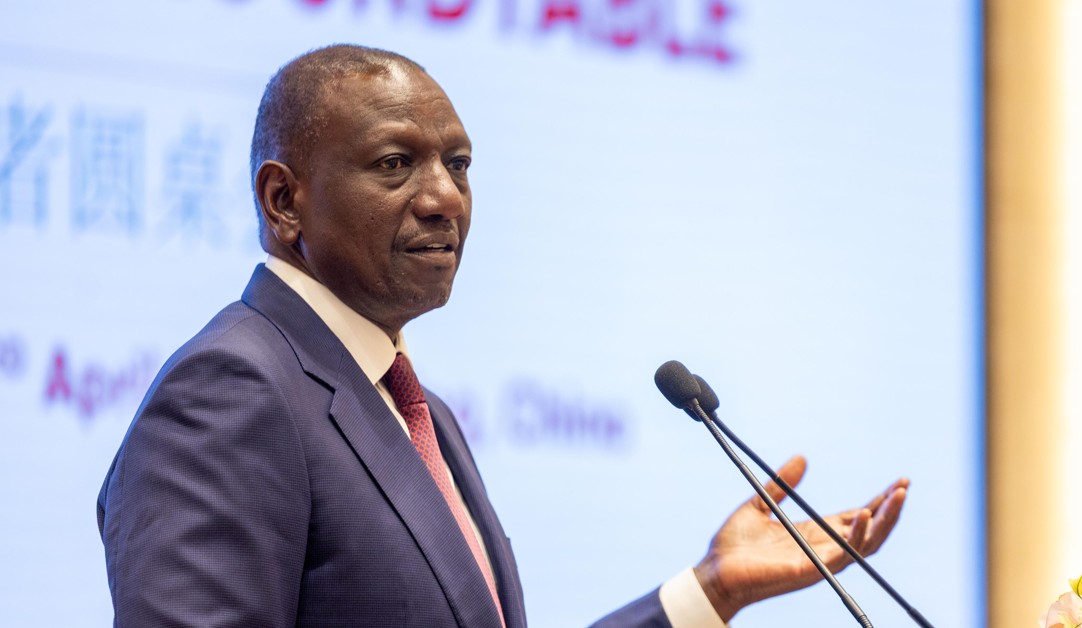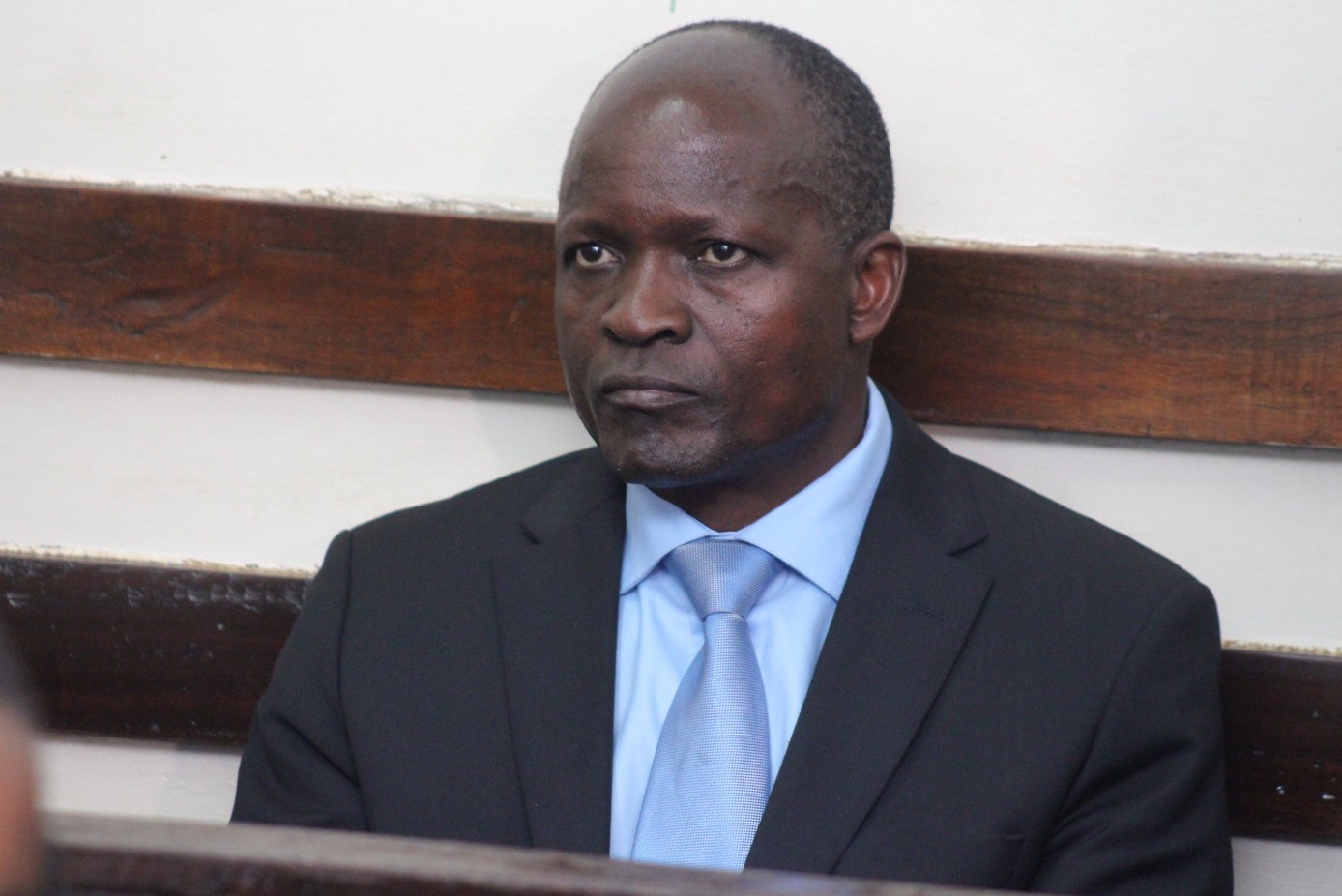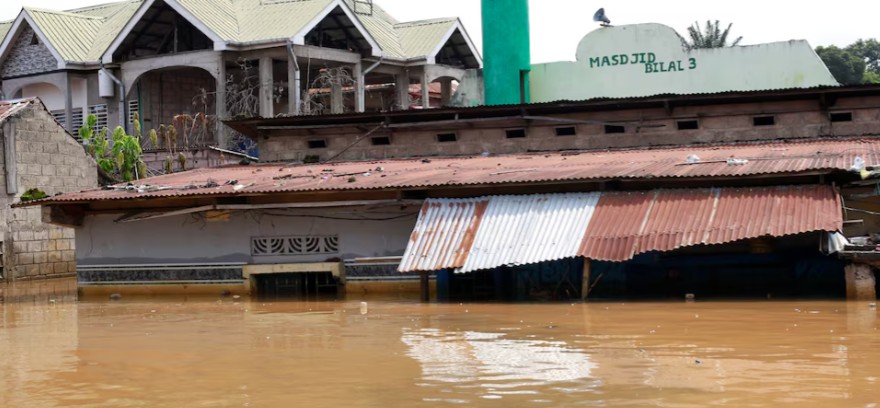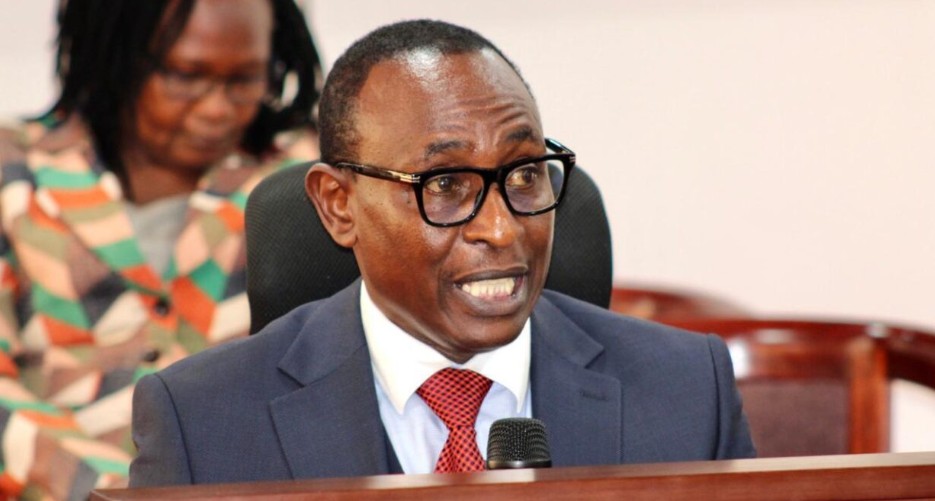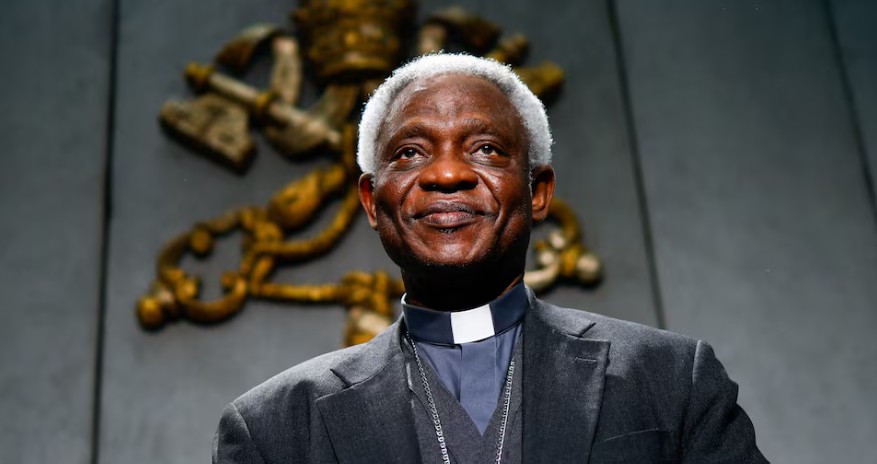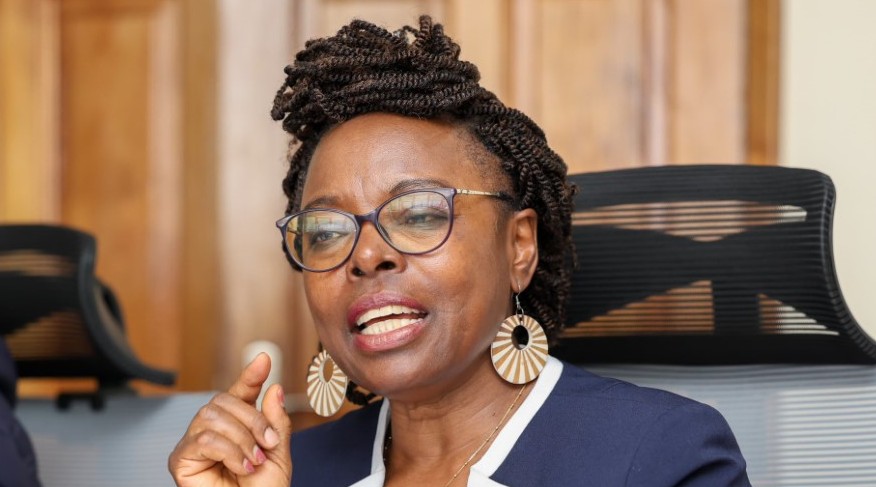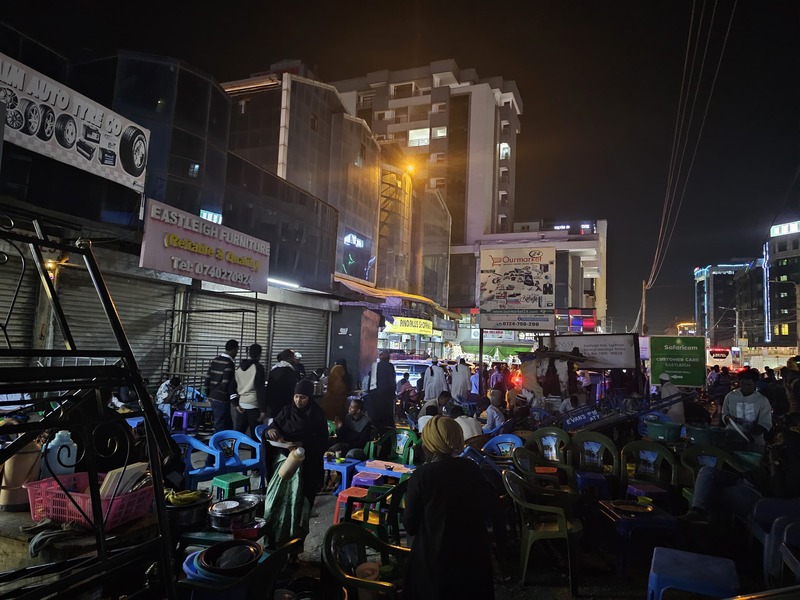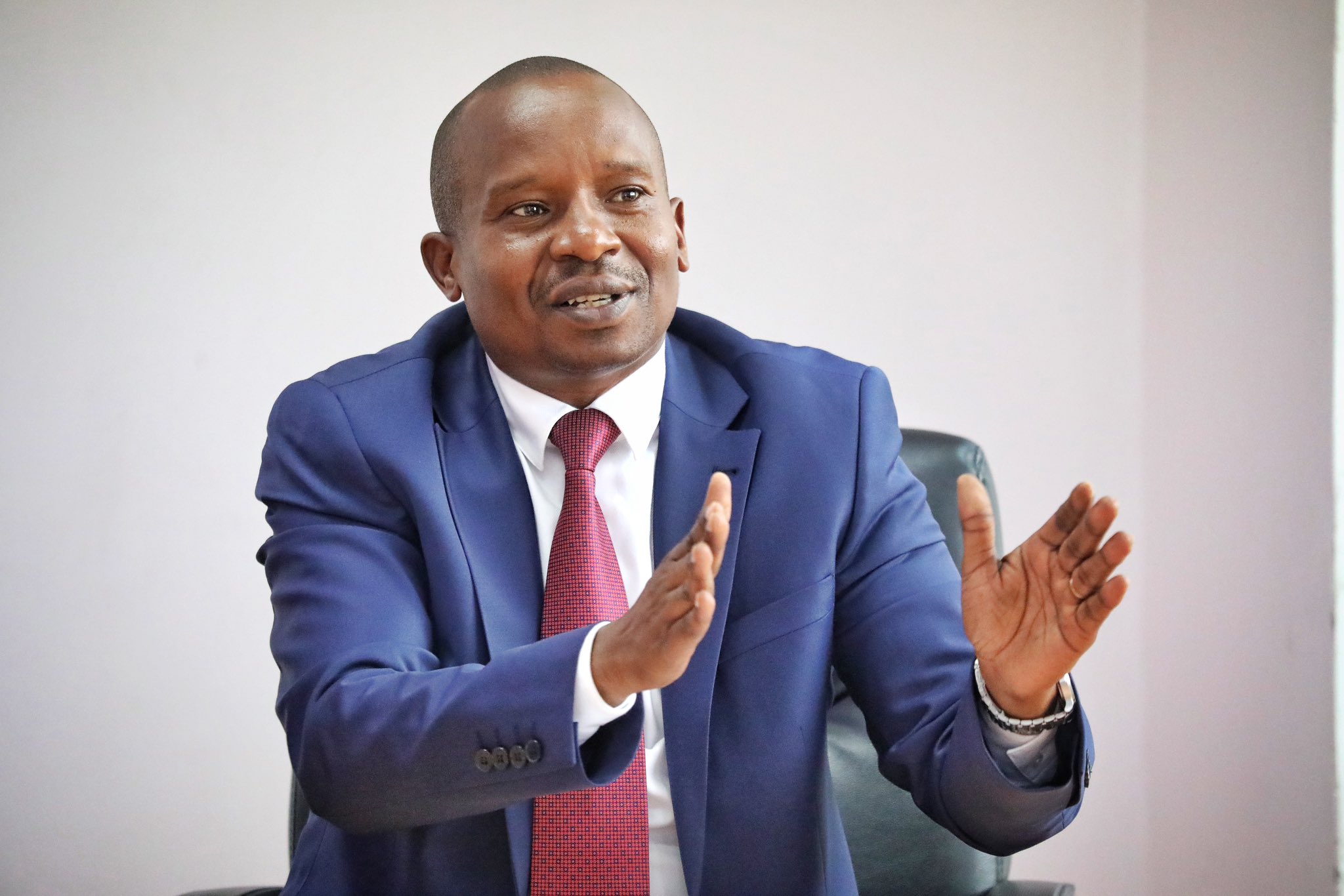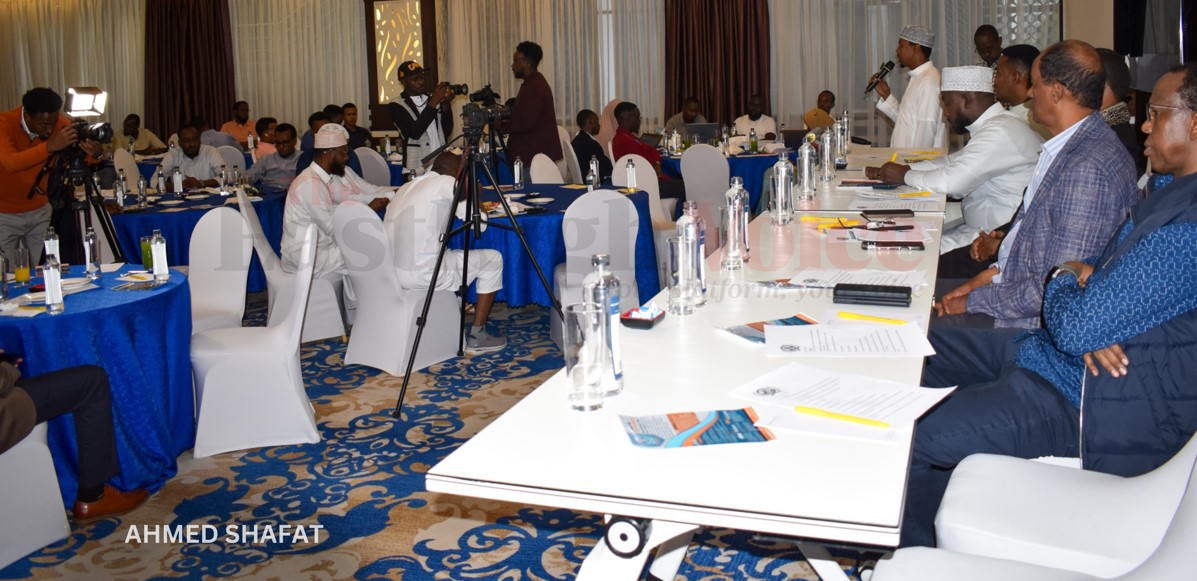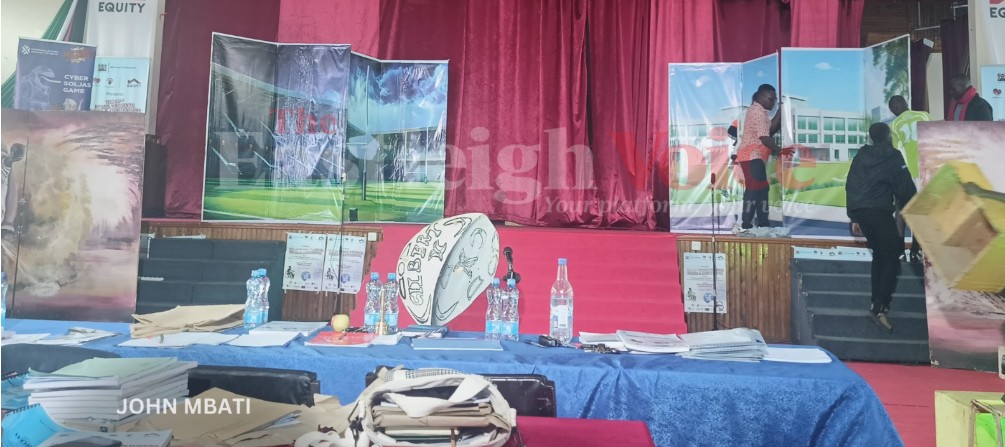Kenya to establish unit to tackle human trafficking, body organ trade
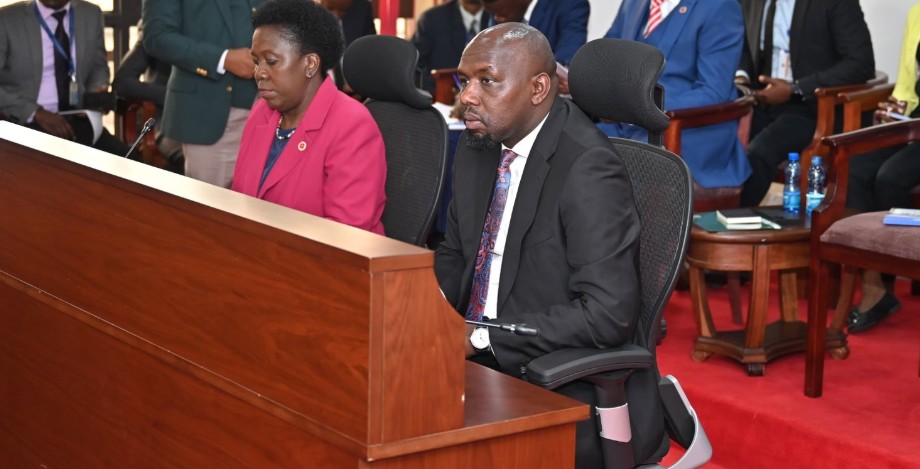
Interior CS Murkomen said the unit will be responsible for receiving intelligence reports related to human trafficking and illegal organ trade and acting swiftly to address these issues.
The government has proposed the establishment of a special unit to tackle the rising cases of human trafficking and the illegal trade of human body parts, a move aimed at addressing these growing social vices in the country.
Appearing before Members of Parliament on Tuesday, Interior Cabinet Secretary Kipchumba Murkomen said the unit will be responsible for receiving intelligence reports related to human trafficking and illegal organ trade and acting swiftly to address these issues.
More To Read
- Mediheal kidney donors volunteer to testify as DCI takes over organ trafficking probe
- MPs probe alleged unethical kidney transplants at Mediheal Hospital
- Probe flags possible organ trafficking in 372 kidney transplants at Eldoret’s Mediheal Hospital
- Deadly paths and daunting challenges refugees face while fleeing their homes
“It is necessary to have such a unit deal with the vices in society,” Murkomen told the committee, chaired by Narok West MP Gabriel Tongoyo.
He emphasised that the anti-human trafficking unit would receive intelligence reports and act on them accordingly.
The unit, he explained, will be modelled after the anti-narcotics unit, which is tasked with tracking the illegal shipment and trade of banned drugs, and it will borrow strategies from the anti-terror unit established to handle terrorist activities on Kenyan soil.
Recruitment agencies
Murkomen’s remarks came amid growing concerns over the role of overseas job recruitment agencies in Kenya and abroad, which have been flagged as major contributors to human trafficking, often exploiting unsuspecting Kenyans seeking employment opportunities overseas. Despite this, some of these agencies have yet to face legal repercussions.
“These cases of trafficking Kenyans seeking better opportunities abroad have been specifically disturbing. This body will be critical in confronting the new cases we are facing as a country. It will work with the recruitment agencies to monitor the trends,” Murkomen said.
The Ministry of Labour and Social Protection has highlighted that human trafficking is a global crisis, impacting countries worldwide.
In a report released by the National Crime Research Centre (NCRC) in 2022, the prevalence of human trafficking in Kenya was deemed alarmingly high. The study found that labour trafficking accounted for 96 per cent of all trafficking cases in 2020 and 98.3 per cent in 2021.
It also revealed that external trafficking, which involved trafficking victims from Kenya to foreign countries, accounted for 64.7 per cent of the cases, with the majority of victims being adult females aged 18-34 years. Meanwhile, domestic trafficking primarily involved children, who made up 40 per cent of the victims.
Poverty, unemployment and the demand for cheap labour have been identified as key drivers of human trafficking in the country.
A 2023 report from the Kenya Blood Transfusion and Transplant Service (KBTTS) raised concerns over the illegal trade in human organs, particularly at Mediheal Hospital in Eldoret.
The hospital, owned by Dr. Swarup Mishra, has been flagged for carrying out an unusually high number of kidney transplants, raising questions about patient safety and regulatory oversight, despite Kenya’s Health Act of 2017 explicitly prohibiting organ trade.
The KBTTS report also highlighted procedural violations, including a lack of proper consent forms and failure to ensure that organ donors and recipients are biologically related, as required by ethical transplant protocols.
In response, the Kenya Renal Association called for the immediate suspension of Mediheal Hospital’s operating license, citing serious ethical breaches.
“Transplant commercialisation and transplant tourism are illegal,” the Kenya Renal Association said in May 2024, accusing the hospital of violating World Health Organisation resolutions that explicitly ban the trade of human organs.
Top Stories Today




